The Ultimate Guide to Buying Beginner Art and Photography Books: A Creative Journey Awaits
If you’ve recently discovered the world of art and photography or simply want to enhance your skills, you might be wondering how to start. Where do you find reliable resources? How do you learn without feeling overwhelmed? Buying beginner art and photography books is a great way to begin your creative journey, whether you're looking to develop your drawing technique, improve your photography skills, or simply appreciate the beauty of visual art.
This article is your go-to guide for exploring the world of beginner art and photography books, helping you find resources that spark your creativity, build your skills, and, most importantly, make learning fun. Grab a cup of coffee, get comfortable, and let's dive in!
Why Should You Buy Beginner Art and Photography Books?
Before we dive into the specifics of what to look for in a beginner art or photography book, let’s talk about why it’s a good idea to invest in these books.
1. Structured Learning
While there are countless tutorials online, buying a beginner art or photography book offers structured learning. Books are often written by experts who have spent years perfecting their craft. They provide a step-by-step approach that can help you grasp the basics before moving on to more advanced techniques. Instead of endlessly searching for YouTube videos or blog posts, you can have a focused guide in your hands.
2. Comprehensive Content
A great art or photography book covers everything you need to know in one place—from theory to practice. Whether you’re learning to sketch your first figure or experimenting with your camera’s settings, a well-written book will guide you through the essentials without leaving out any important steps. Plus, you can always refer back to it when you need to refresh your memory.
3. Inspiration
Sometimes, the best way to ignite your creativity is to immerse yourself in the work of others. Many beginner books include examples from famous artists or photographers, inspiring you with their work and teaching you how they achieved their signature styles. As you read and look through the images, you might feel inspired to pick up your pencil, brush, or camera and start creating yourself.
4. Portable Learning
Unlike online courses or video tutorials, books are portable. You can carry them anywhere, whether it's on a train, at the park, or in a café. This means you can practice and learn whenever and wherever you like, even when you’re away from your computer. Plus, books don’t rely on an internet connection, so you can learn on the go without worrying about Wi-Fi.
5. The Joy of Physical Books
Let’s face it, there’s something satisfying about holding a physical book. The tactile sensation of flipping through pages, the quality of printed images, and the joy of seeing a beautifully laid-out book on your shelf is unmatched. With beginner art and photography books, the experience is just as enjoyable as the learning process itself.
How to Choose the Right Beginner Art Books
When you’re looking to buy art books for beginners, it’s important to choose books that suit your specific interests and goals. Here’s a quick guide on how to find the perfect fit:
1. Consider Your Medium
Are you interested in drawing, painting, or digital art? Different books cater to different mediums. Some books focus on the fundamentals of drawing (like shading, perspective, and proportions), while others focus on specific techniques (such as watercolors, acrylics, or oils). Choose a book that aligns with the medium you want to explore.
- If you're a beginner sketch artist, a book that teaches you how to draw basic shapes and understand proportions will be helpful.
- If you’re into painting, you might want to buy a book that dives into color theory, brush techniques, and the various types of paint.
2. Focus on Technique
Some beginner art books focus primarily on technique, teaching you how to apply specific methods in your artwork. For example, if you want to learn how to draw realistic portraits, you might look for books that teach shading techniques and how to capture facial features.
- A beginner painting book may provide exercises on brushstrokes, layering, and creating texture.
- If you’re looking to create digital art, you might want a book that teaches you how to use software like Photoshop or Procreate.
3. Look for Inspiration and Examples
Another type of art book combines instruction with inspiration. These books often feature interviews with professional artists, images of their work, and advice on how to find your unique artistic voice. This type of book is great if you need a creative spark or if you want to learn how established artists approach their craft.
4. Consider Your Learning Style
Not all beginner art books are created equal, and the best one for you will depend on how you learn. Some books are highly visual, with step-by-step illustrations that guide you through the process. Others rely more on written instruction with fewer pictures. If you’re a hands-on learner who likes to see things in action, a book with lots of visual examples may be more effective for you.
How to Choose the Right Beginner Photography Books
Photography can be a bit intimidating for beginners. Between camera settings, lighting, and composition, there’s a lot to learn. But don’t worry—buying photography books is an excellent way to get started. Here’s what to look for when choosing the best beginner photography books:
1. Understand Your Camera
Before you start buying photography books, it’s important to understand your camera. Is it a digital single-lens reflex (DSLR), a mirrorless camera, or a smartphone? Each type of camera has different features, and beginner books may be tailored to specific models. Look for books that offer camera-specific guidance or general tips for all types of cameras.
- If you have a DSLR, you’ll want a book that explains the different settings like aperture, shutter speed, and ISO, as these are key elements of photography.
- If you use a smartphone, look for books that focus on how to make the most of your phone’s camera features, including composition and lighting.
2. Focus on the Basics of Photography
The best beginner photography books cover the essentials, such as understanding light, exposure, and composition. These fundamental concepts are the building blocks of great photography and mastering them will set you on the path to capturing stunning photos.
- Look for books that teach you how to use natural light, how to frame your shots, and how to achieve the right exposure settings.
- Many books also include exercises, so you can practice what you’ve learned in real-life scenarios.
3. Learn Post-Processing
In the digital age, editing your photos is just as important as capturing them. A good beginner photography book should include a section on post-processing, teaching you how to enhance your images using software like Adobe Lightroom or Photoshop.
- Editing can be intimidating, but a beginner’s guide to post-processing will walk you through the basics, such as adjusting exposure, cropping, and correcting colors.
4. Look for Inspiration and Photography Styles
Much like art books, some beginner photography books include inspiring examples from professional photographers. These books often show you different photography styles, from portrait and landscape photography to street photography and macro shots.
- Seeing the work of established photographers can inspire you and help you develop your own style.
Where to Buy Art and Photography Books
Once you’re ready to buy beginner art or photography books, the next step is to choose where to buy them. Here are some great places to find your next creative read:
1. Online Retailers
Websites like CycloneSale.com have a huge selection of beginner art and photography books. Shopping online gives you the convenience of browsing reviews and comparing prices. Plus, you can often find discounts or second-hand options for cheaper prices. Websites like these are great places to find used unique or vintage books. Many independent sellers offer photography and art books that may not be available in mainstream stores.
2. Local Bookstores
Supporting your local bookstore is a great way to find books in person. Many independent bookstores have curated selections of art and photography books, and the staff can often recommend some hidden gems. Plus, there’s something special about flipping through a book before you buy it.
3. Specialty Art and Photography Stores
If you’re serious about your craft, consider buying your books from specialty art or photography stores. These stores often offer books that cater specifically to beginners, and you may even find books from local artists or photographers.
Final Thoughts: Unlocking Your Creative Potential
Buying beginner art and photography books is an exciting step in your creative journey. Whether you’re learning to sketch, paint, or capture beautiful photos, these books provide the knowledge and inspiration you need to improve your skills and explore your passion. By choosing the right book for your learning style, medium, and interests, you’re setting yourself up for success and a lifetime of creative exploration.
So, get out there and buy your first art or photography book. It could be the start of something amazing! Whether you want to buy books about art or photography, there’s a whole world of creative possibilities waiting for you. Buy books at CycloneSale.com for all your reading needs today!


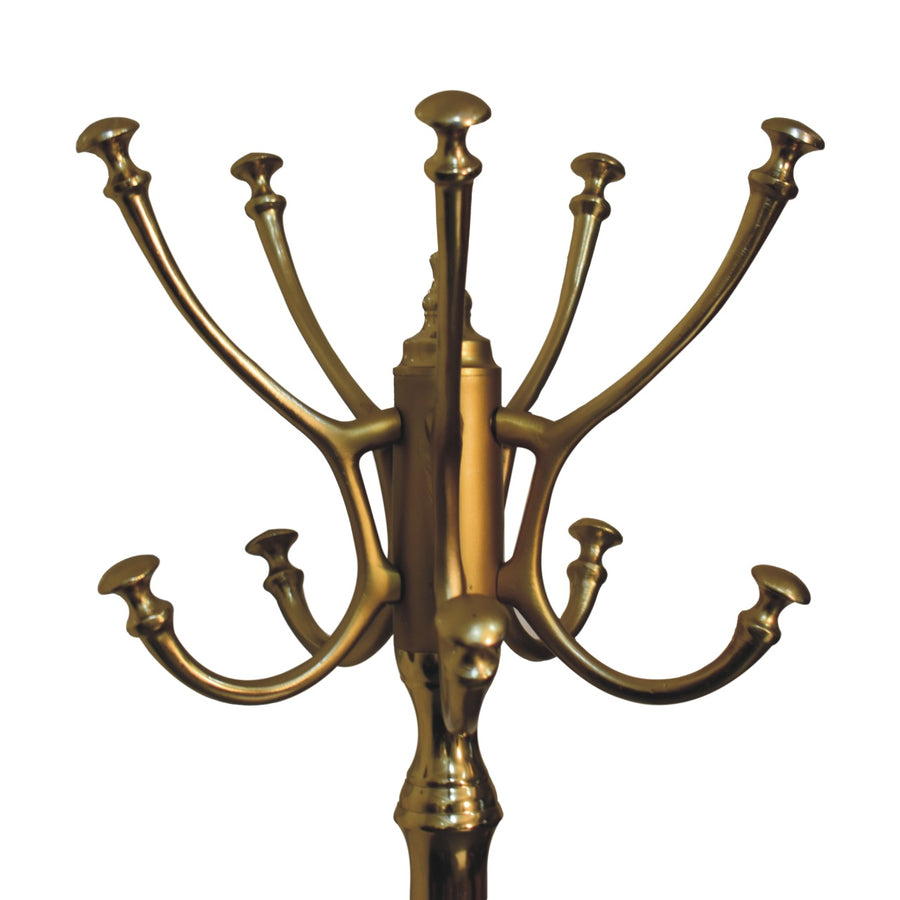
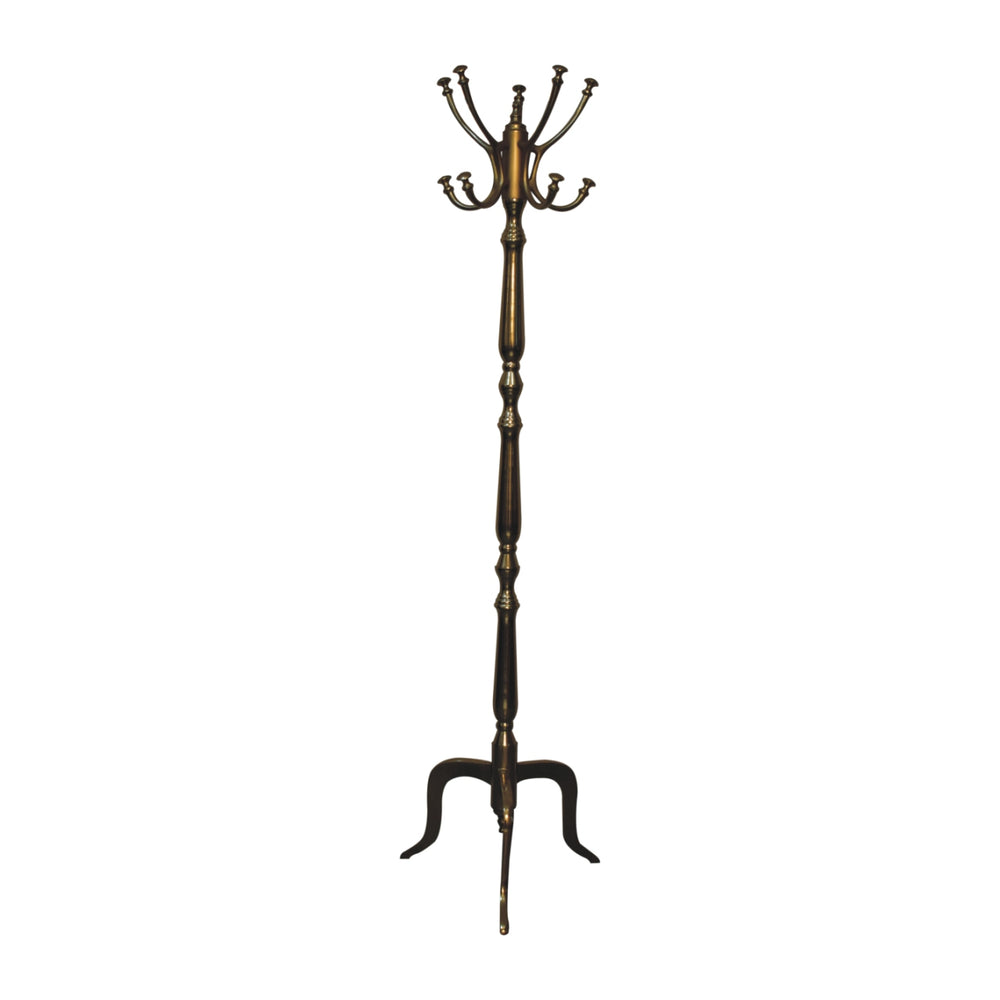
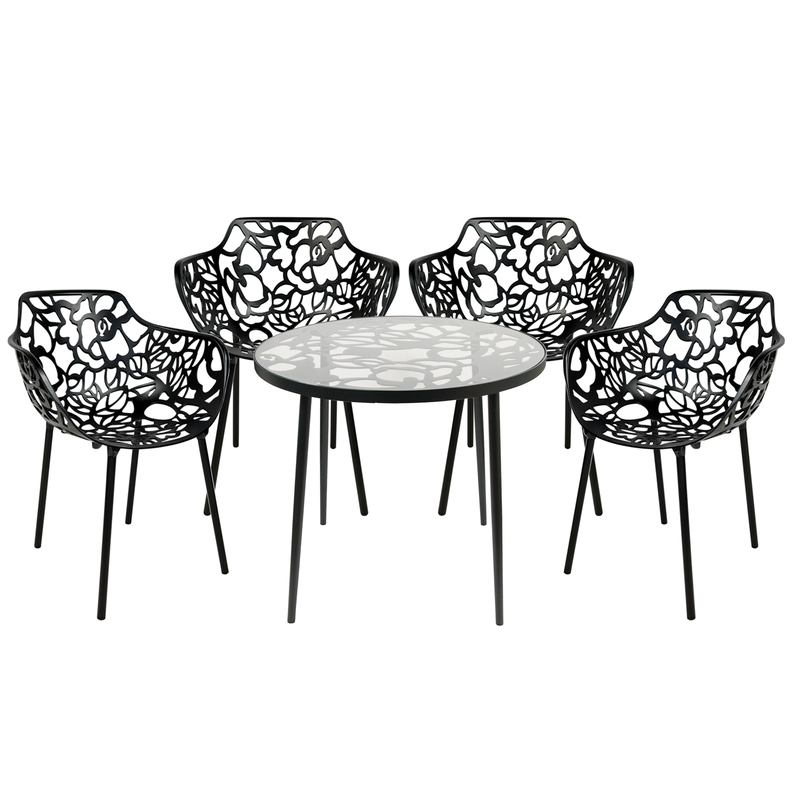
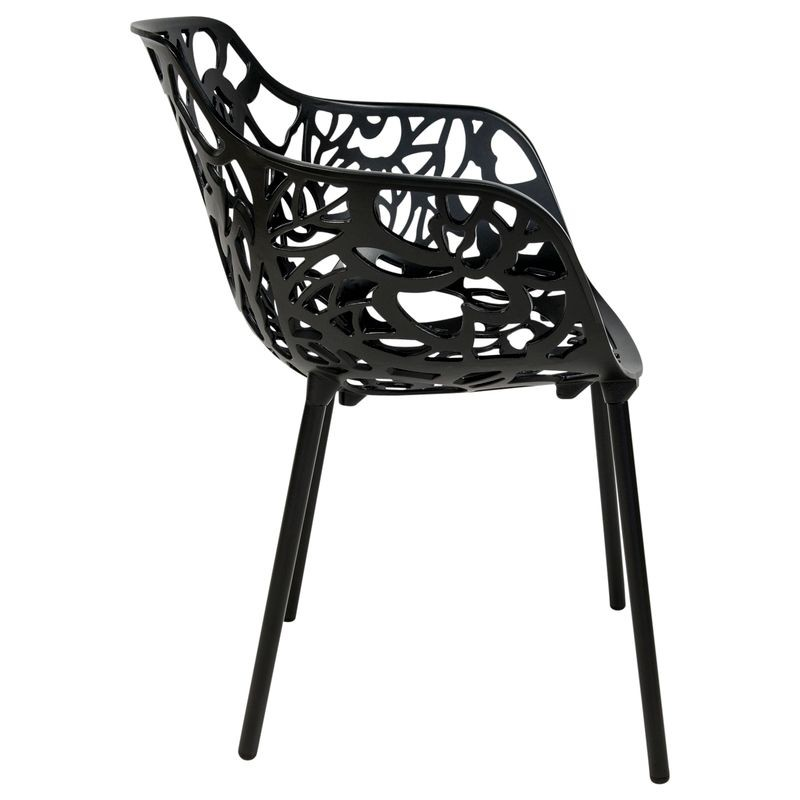


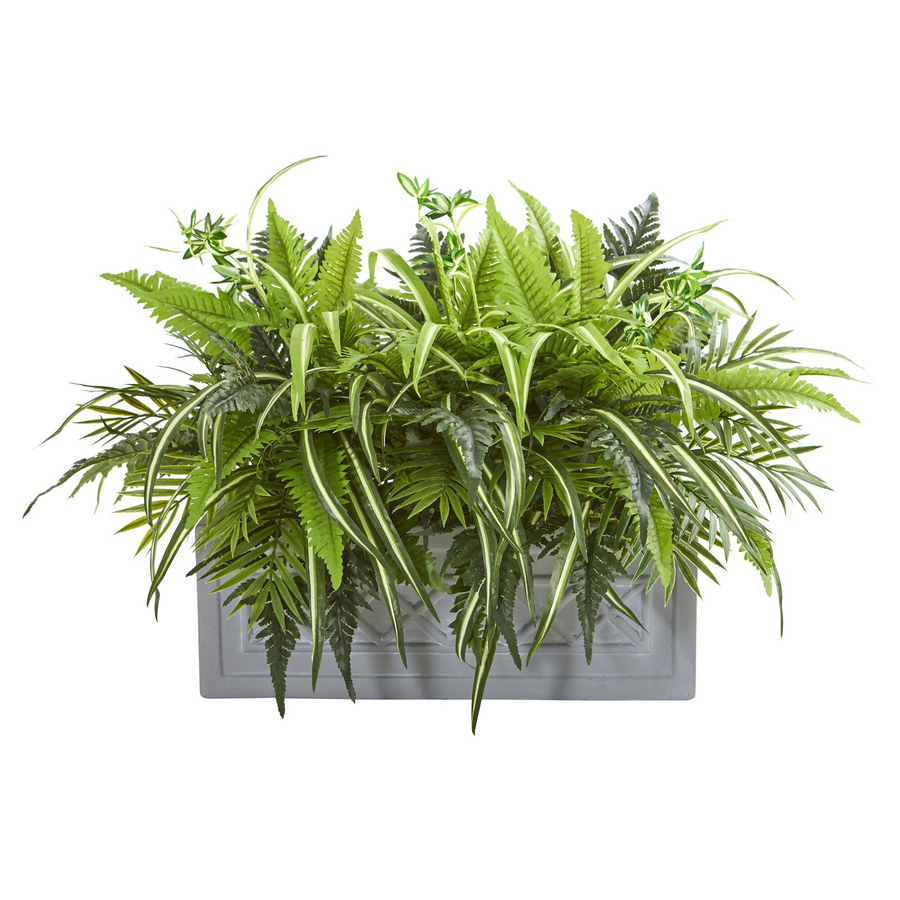


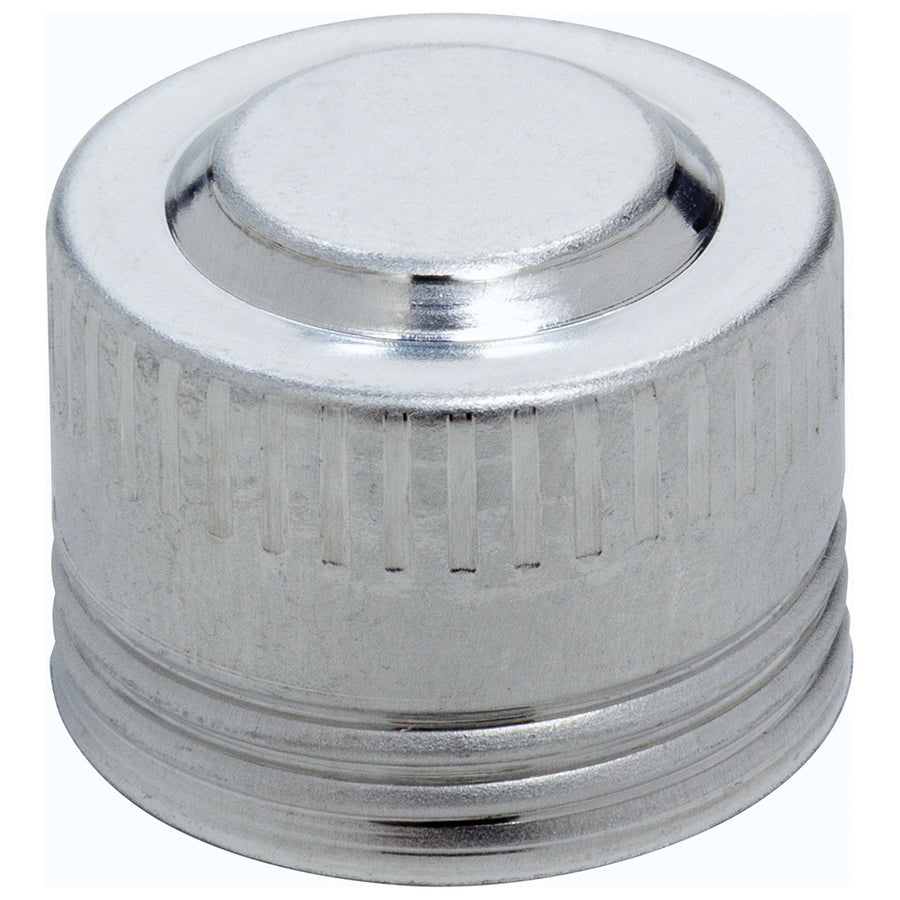
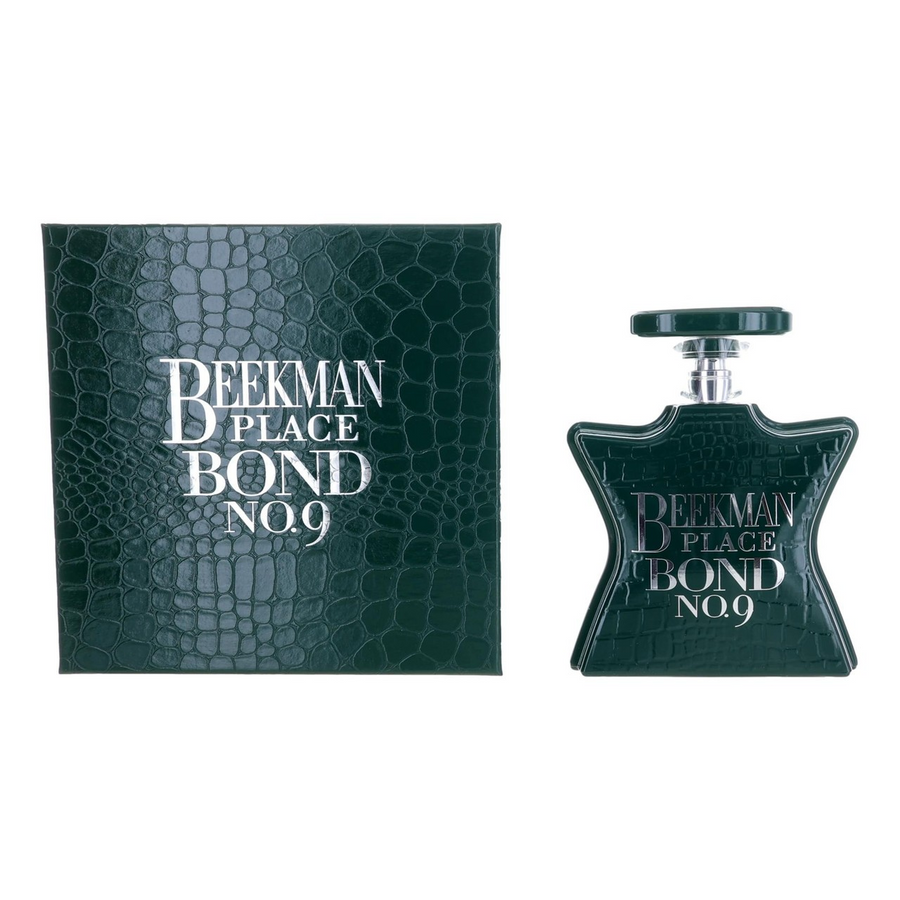
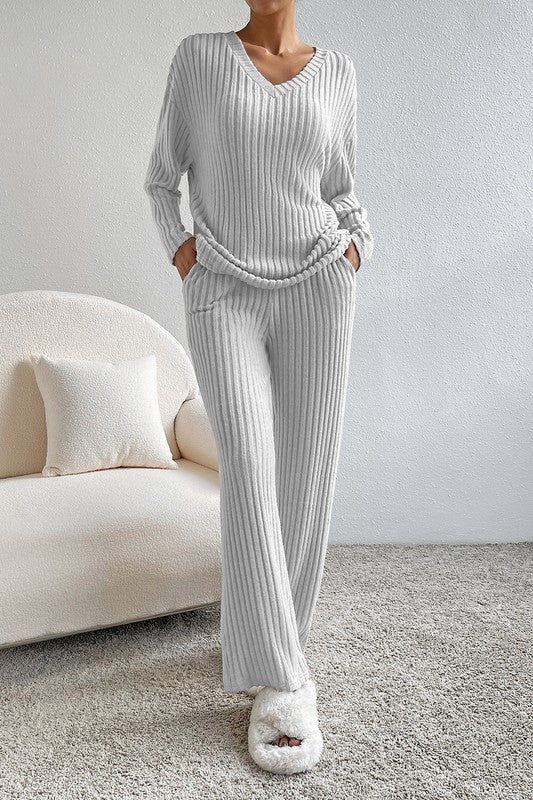
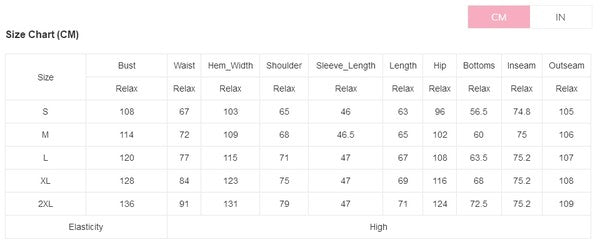




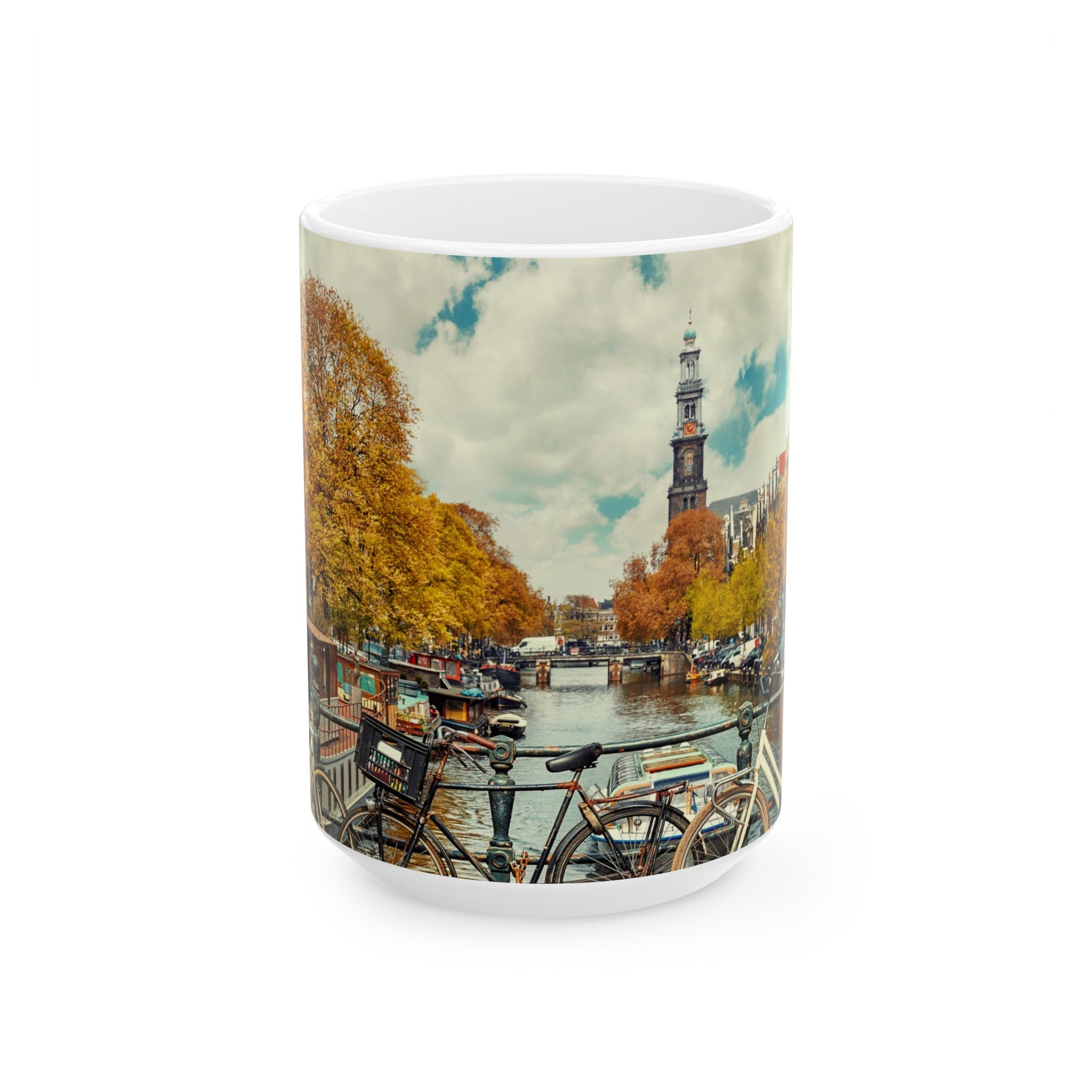
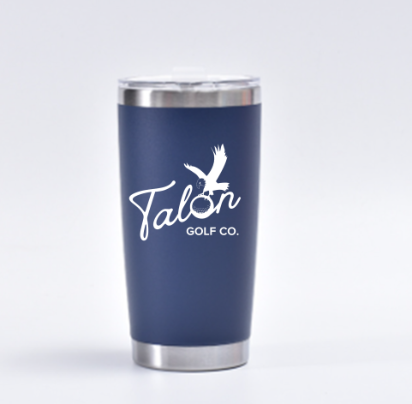


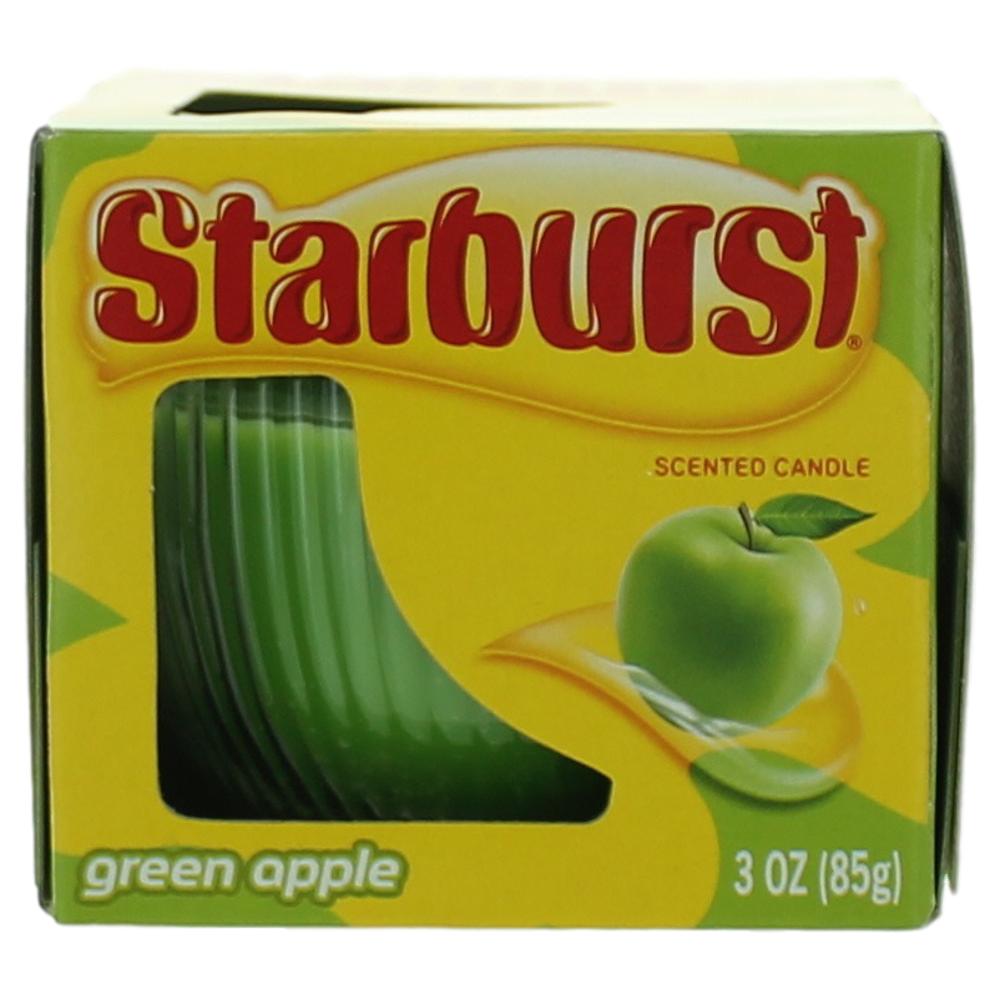
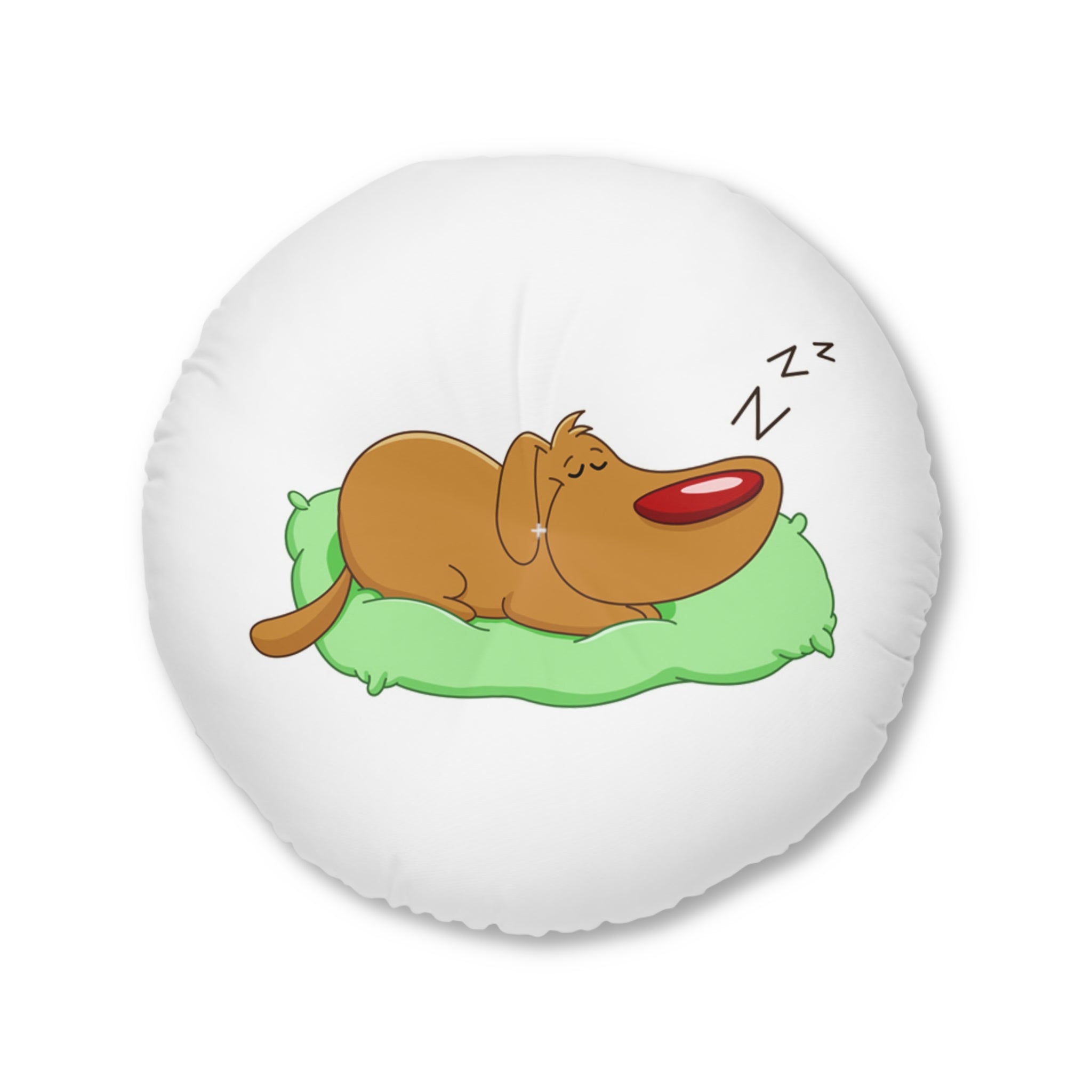
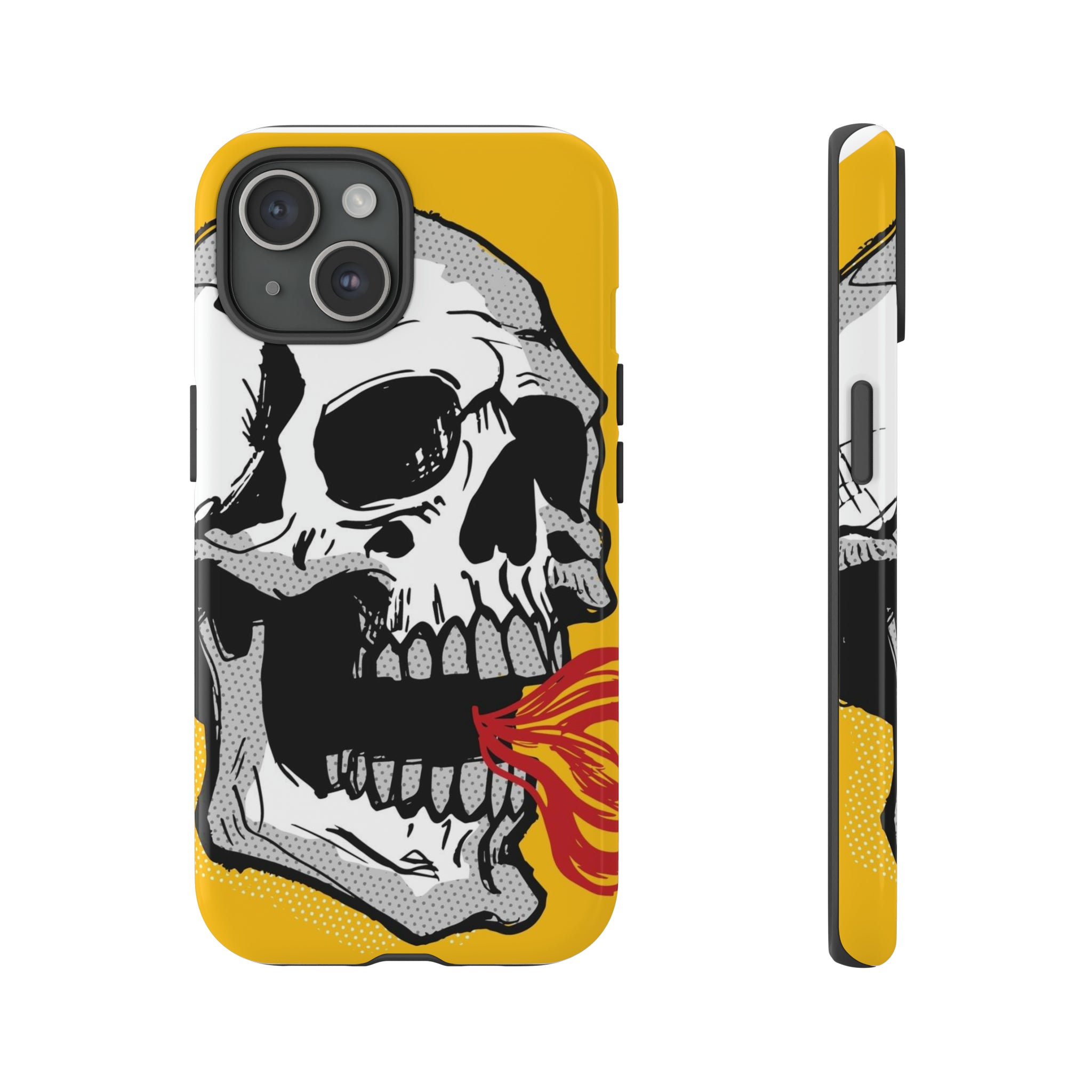
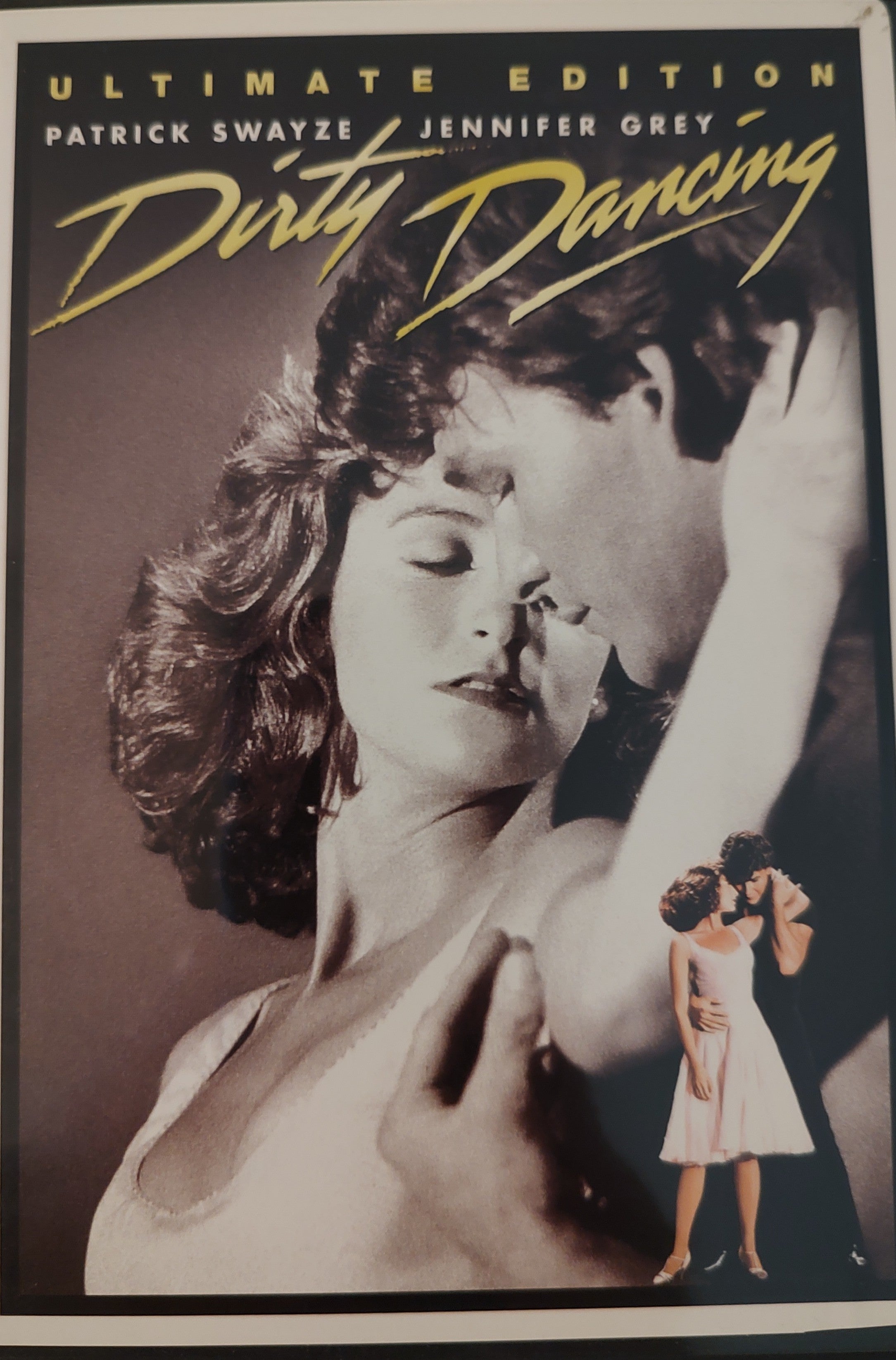
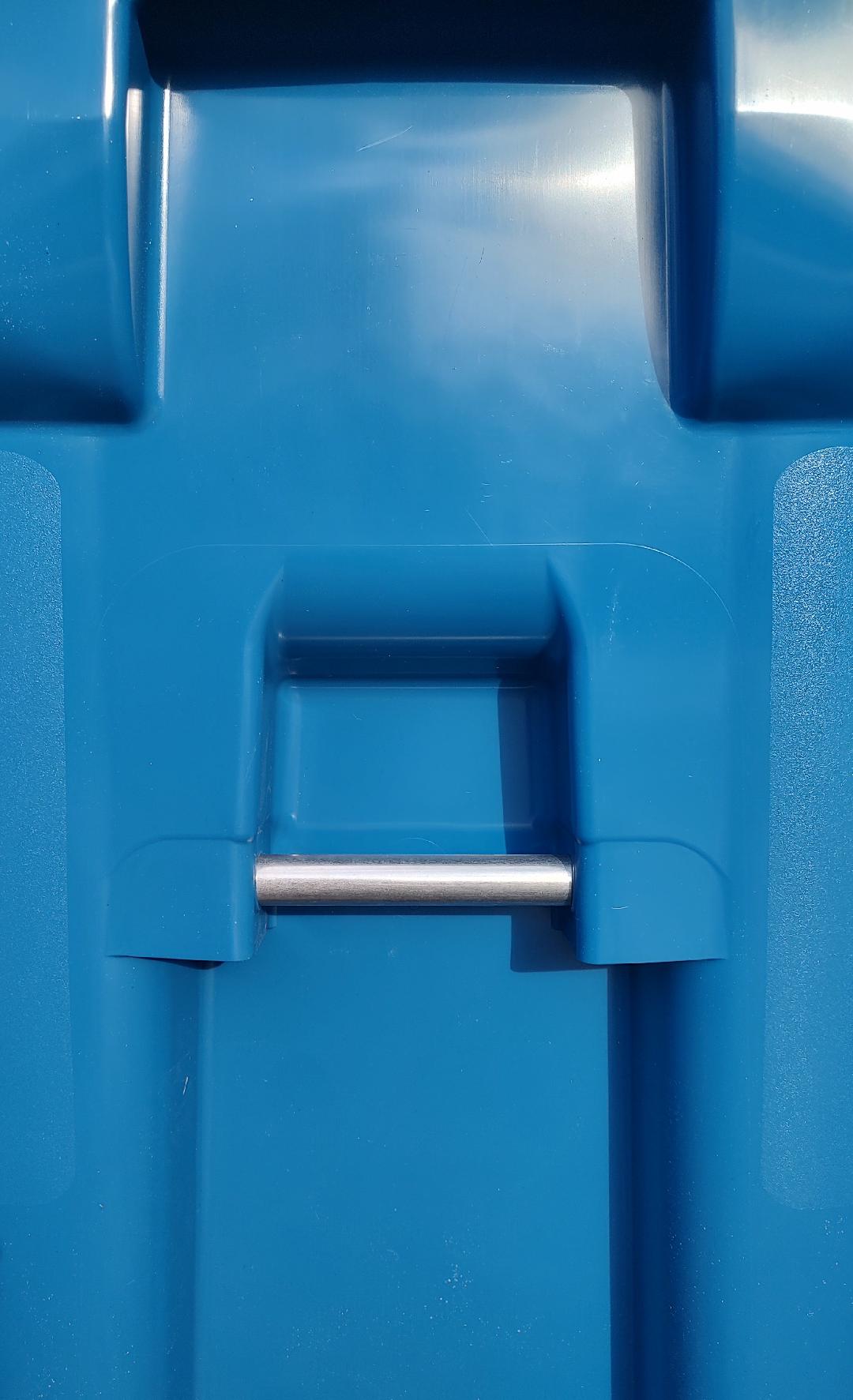

















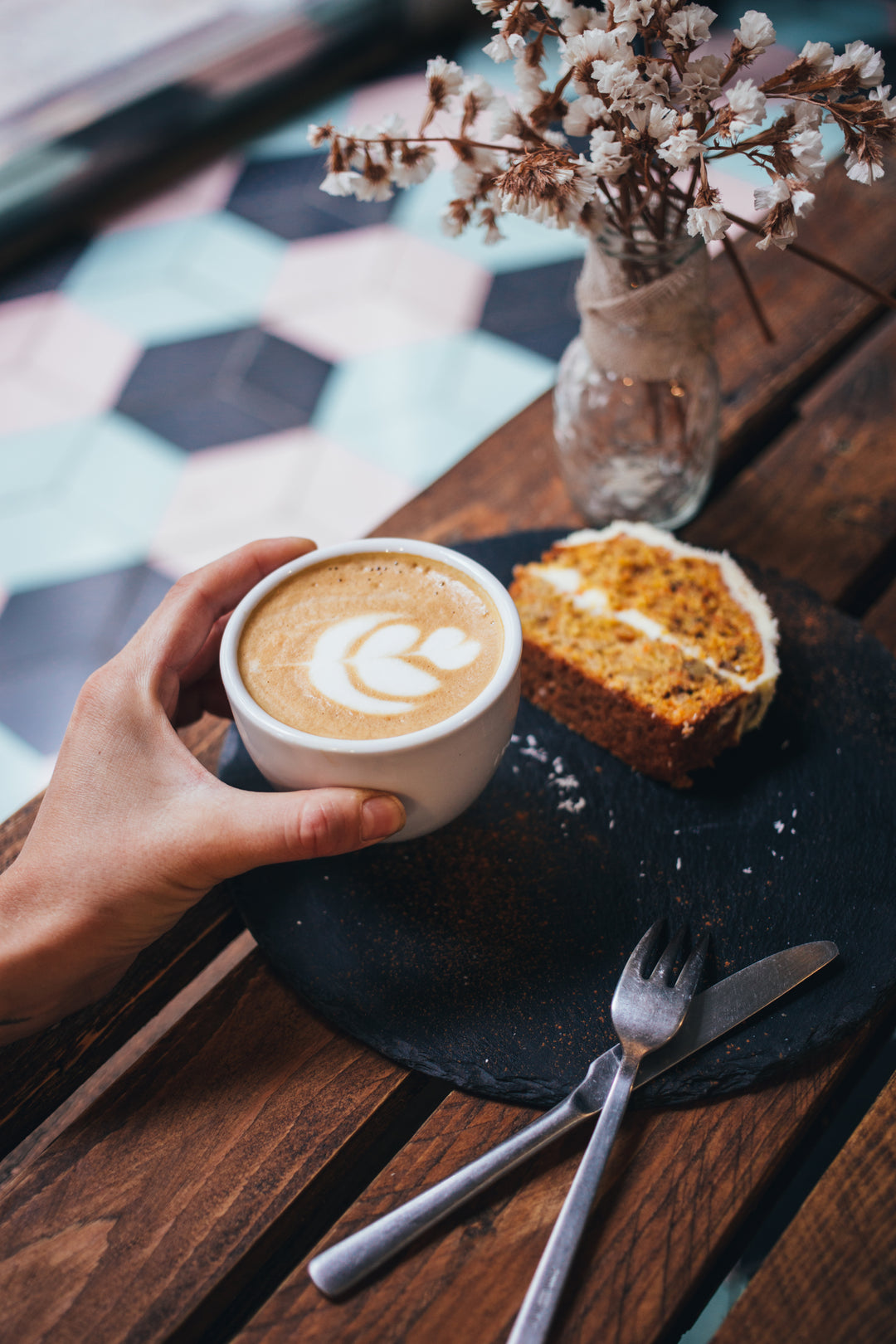
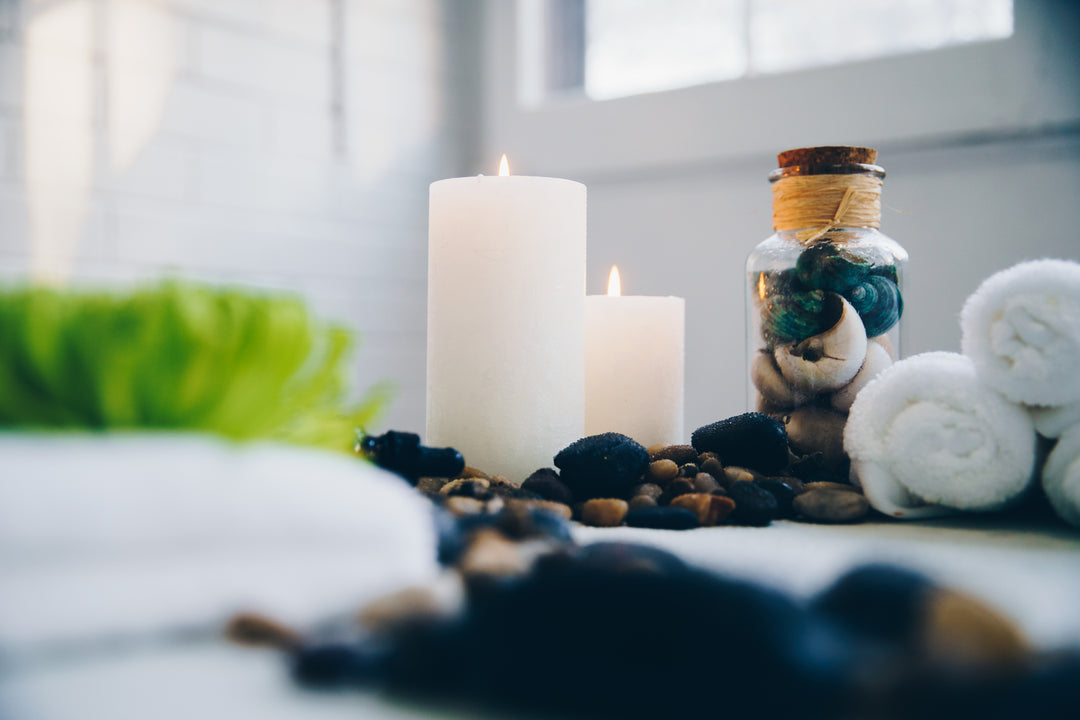
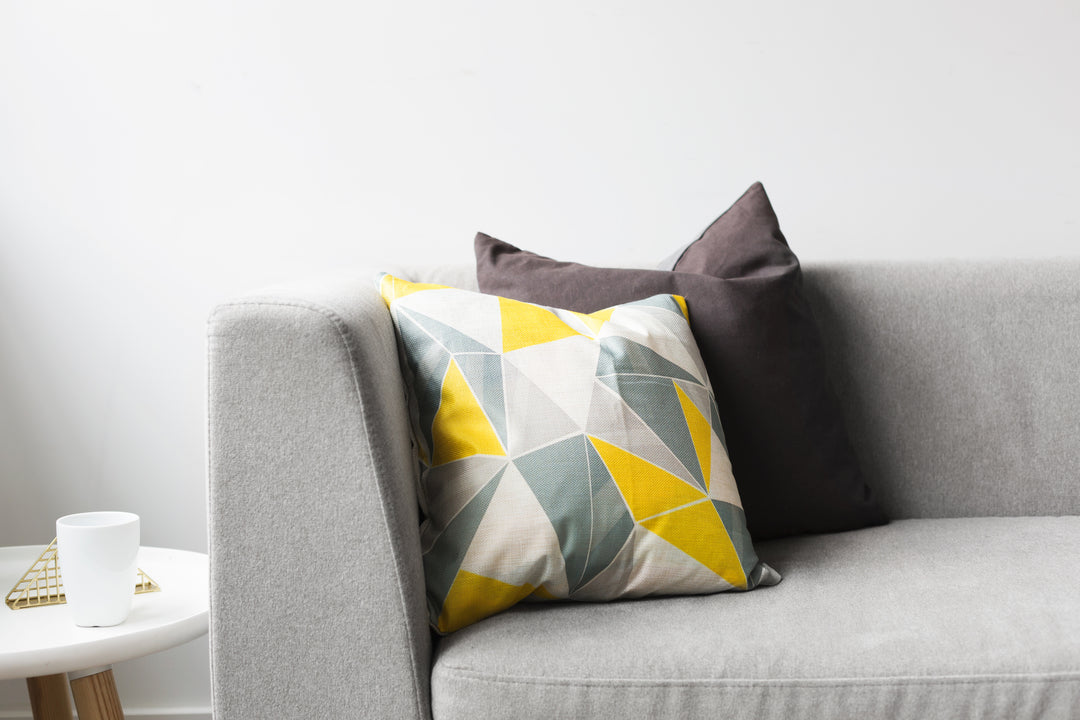
Leave a comment